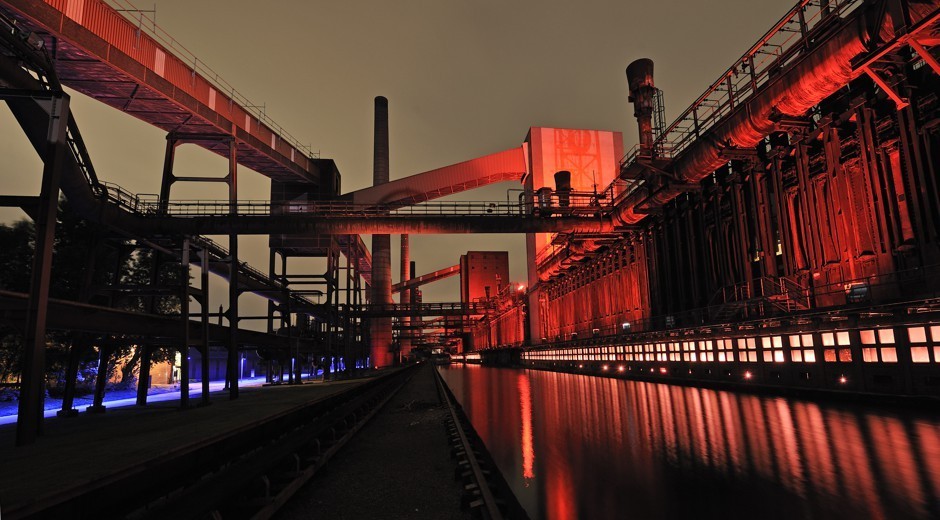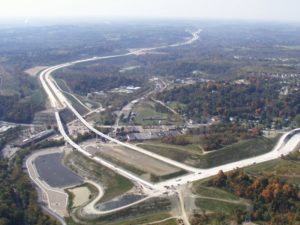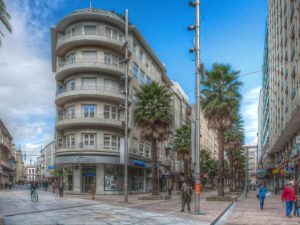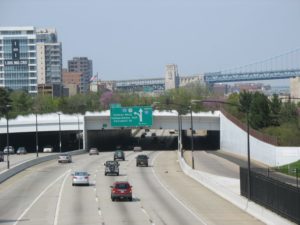
“A new alliance has representatives from Pittsburgh, Essen, Beijing, and other metros swapping strategies for transforming from a factory town to a sustainable city,” writes Linda Poon for CityLab. “In many ways, Essen is the envy of cities trying to move past their industrial days. Once the steel and coal center of Germany, Essen’s economic success in the early 20th century was evident in the dust blanketing the city and sulfur filling the air with the constant stench of rotten eggs. By one resident’s account, coal miners permanently wore black smudges across their faces, earning them the nickname waschbar, or ‘raccoons.'” “By the 1980s, globalization halted much of Essen’s production, and nearly all of the coal mines had closed. The city had to reinvent itself—starting with its environment.” “Today, local leaders embrace the phrase, ‘from green to grey to green again.’ Essen’s massive efforts to clean the air and waterways—particularly the Ruhr River, which only recently opened up to swimmers after being closed for decades because of pollution—led the European Commission to declare the city the European Green Capital for 2017.” “Yet at last week’s COP23 climate conference in Bonn, Germany, Essen’s representative was all ears as officials from other post-industrial cities shared their stories. Speakers included representatives from Pittsburgh, Cincinnati, and Beijing’s E-Town (short for Economic-Technological Development Area)—all cities that make up the new Urban Transitions Alliance.” “The alliance, launched at the conference and organized by the Local Governments for Sustainability (ICLEI), brings together eight cities that have industrial legacies. On Friday, the members held their first (private) workshop at ICLEI’s office, where they honed in on the common challenges to making their cities both sustainable and economically viable at a time when climate change dominates local agendas.” “The group agreed on four targets: creating job opportunities for people of all skill levels, transitioning to renewable energy sources, incorporating green infrastructure, and—at the urging of Essen, which is still mostly car-centric—changing the way people think about mobility.”







